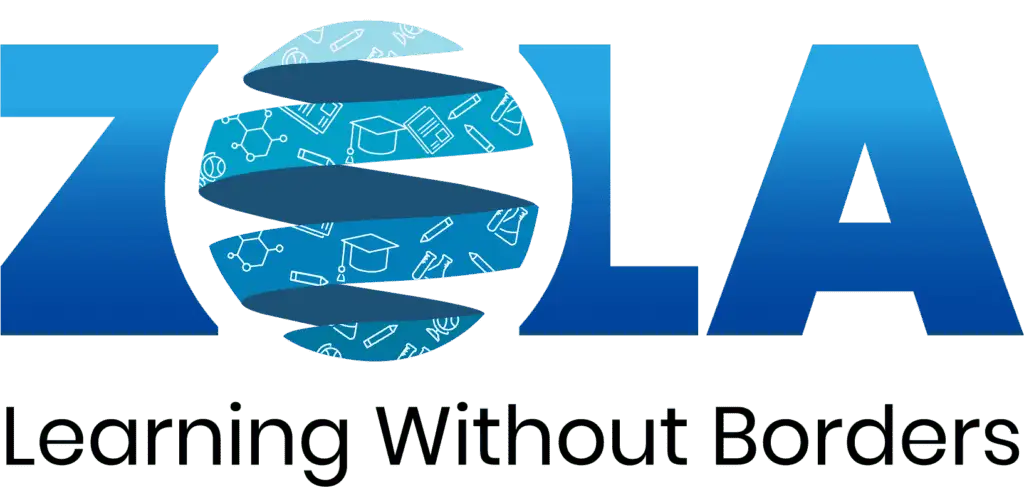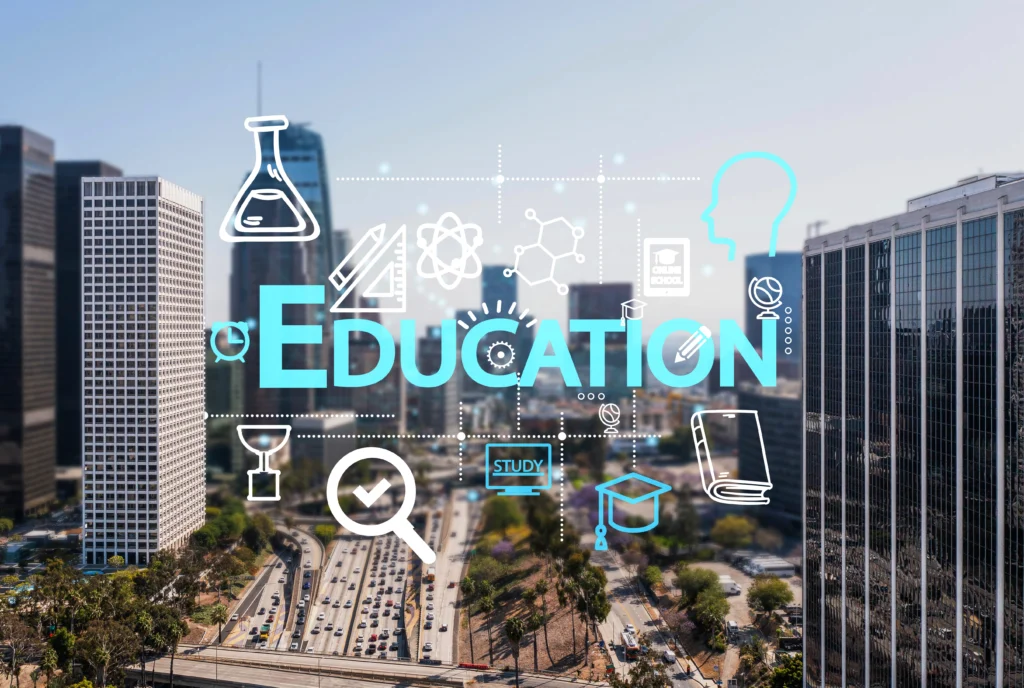Introduction for future of education:
In the rapidly evolving landscape of education, the future holds exciting possibilities driven by innovative trends. As technology continues to transform every aspect of our lives, it is also reshaping the way we learn and teach. This blog explores key trends and innovations that are paving the way for the future of education.
- Personalized Learning: Tailoring Education to Individual Needs
Personalized learning is gaining momentum as educators recognize the diverse needs of students. Adaptive learning platforms use artificial intelligence (AI) algorithms to assess students’ strengths and weaknesses, creating a customized learning path. This not only enhances comprehension but also fosters a more engaging and efficient learning experience.
- Virtual Reality (VR) and Augmented Reality (AR) in Education
Virtual and augmented reality are revolutionizing the educational experience by providing immersive environments. Students can explore historical events, dissect virtual organisms, or even visit distant planets. This technology enhances comprehension by making learning more interactive and memorable.
- Online and Blended Learning Models
The traditional classroom is no longer the sole hub of learning. Online and blended learning models offer flexibility and accessibility, allowing students to learn at their own pace. With the rise of Massive Open Online Courses (MOOCs) and virtual classrooms, education is becoming more inclusive and reaching a global audience.
- Gamification in Education
Gamification incorporates game elements into educational activities to make learning more enjoyable. This approach not only captivates students’ attention but also encourages competition and collaboration. Educational games enhance critical thinking, problem-solving skills, and motivation.
- Artificial Intelligence (AI) and Machine Learning in Education
AI and machine learning technologies are reshaping the assessment and feedback process. Intelligent tutoring systems analyze student performance, provide real-time feedback, and adapt learning materials accordingly. This personalized approach supports individual student needs, fostering a more effective learning environment.
Expansion:
- Blockchain Technology for Credential Verification
Blockchain technology is increasingly being explored to ensure the integrity of educational credentials. By storing academic records in a decentralized and secure manner, blockchain prevents fraudulent claims and facilitates efficient verification processes. This innovation is particularly crucial in a globalized job market, where reliable credential verification is essential.
- Microlearning: Bite-sized Education for Quick Knowledge Gains
Microlearning involves delivering content in small, easily digestible units. This trend is gaining popularity due to the demand for quick, targeted knowledge acquisition. With attention spans decreasing in the digital age, microlearning modules cater to the need for concise, focused learning experiences that can be accessed anytime, anywhere.
- Collaborative Learning Platforms and Social Education Networks
In the era of connectivity, collaborative learning platforms and social education networks are fostering a sense of community among students. These platforms enable collaborative projects, group discussions, and knowledge sharing beyond the confines of a traditional classroom. The social aspect enhances engagement and provides a support system for learners.
- Emphasis on Soft Skills Development
In addition to academic knowledge, there is a growing recognition of the importance of soft skills in preparing students for the future workforce. Educational institutions are placing a greater emphasis on developing skills such as communication, critical thinking, and adaptability. Incorporating real-world scenarios and project-based learning helps nurture these essential skills.
- Globalization of Education and Cross-cultural Experiences
The future of education is global, with a focus on providing students with cross-cultural experiences. Virtual exchange programs, international collaborations, and global learning initiatives are breaking down geographical barriers. Exposure to diverse perspectives not only enriches students’ understanding but also prepares them for a globally interconnected world.
Conclusion:
As we navigate the future of education, these trends and innovations are shaping a dynamic and adaptive learning landscape. Embracing these changes not only prepares students for the challenges of tomorrow but also opens up new possibilities for educators. The future of education is a collaborative effort, where technology and innovation converge to create a richer, more inclusive learning experience.




